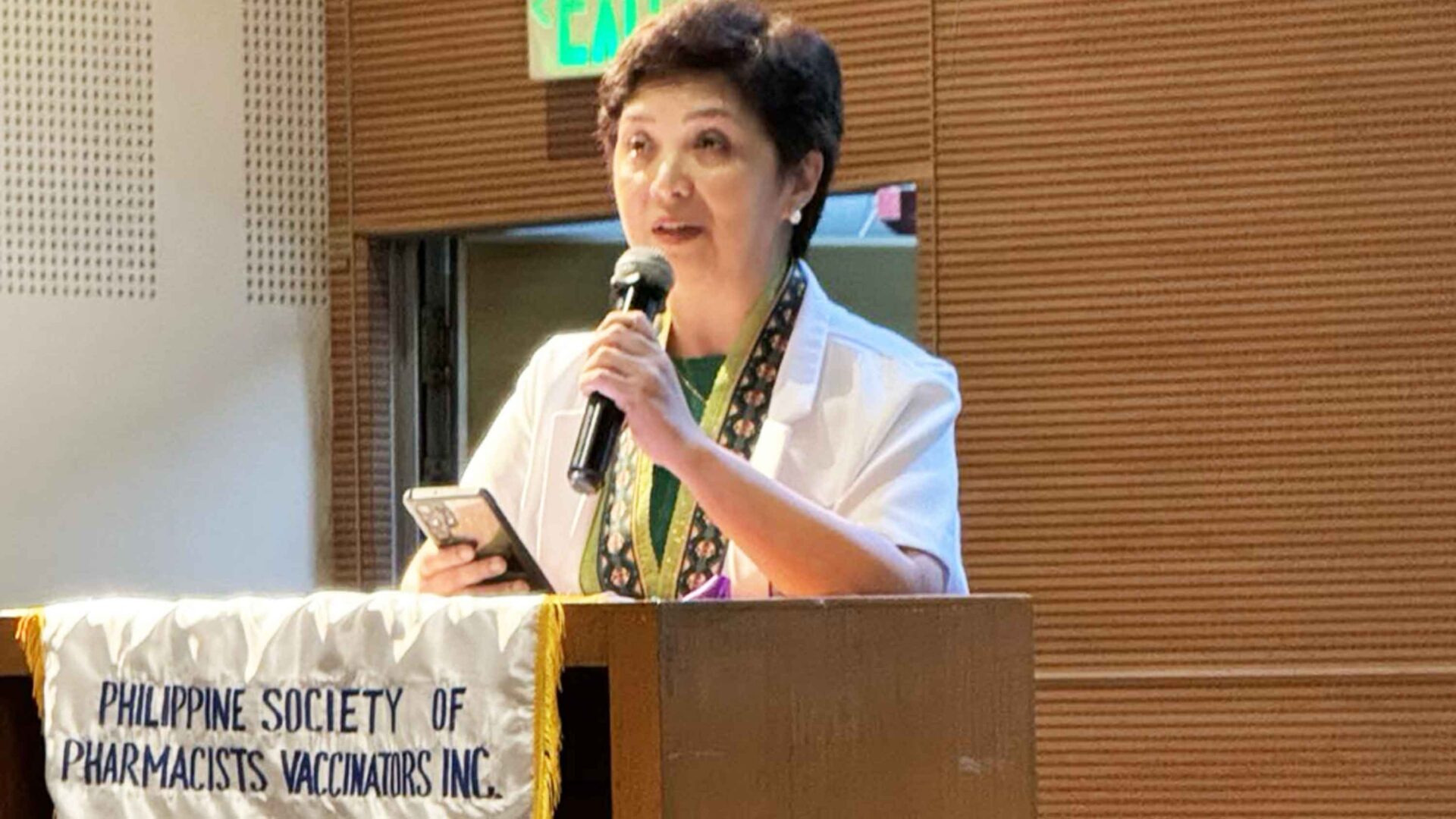Vaccines alone do not save lives. Vaccination does. Yet in the Philippines, inadequate medical facilities, a shortage of healthcare workers, and loss of income due to long hospital queues make accessing preventive care a persistent challenge.
Addressing these gaps requires innovative solutions that bring healthcare closer to the people — and Filipino pharmacists are stepping up to the challenge.
At the 2nd Philippine Society of Pharmacist Vaccinators (PSPV) National Conference, healthcare leaders celebrated the role of pharmacists in improving vaccine accessibility and tackling long-standing healthcare inequities.
“Pharmacists are considered the most accessible health professionals,” said Hazel Docuyanan, President of the PSPV. “Considering the numerous pharmacies nationwide, the pharmacy-based immunization strategy can bring better healthcare access to the public.”
Adults can now visit their local pharmacies to get the jab from a Certified Pharmacist Vaccinator for vaccines such as COVID-19, Influenza, Pneumonia, and Human papillomavirus (HPV).
At present, over 1,400 certified Pharmacist Vaccinators are ready to serve communities across the country, with their numbers continuously expanding to enhance public health coverage.
Public trust and a commitment to service are top priorities for Philippine pharmacists. Beyond their four-year degree and licensure exams, they undergo rigorous training and certification to qualify as pharmacist vaccinators.
“Certification is required before a pharmacist can vaccinate,” explained Docuyanan. “This involves supplementary training, final assessments by authorized bodies like PSPV, and official recognition by the Philippine Regulatory Commission. This rigorous process not only ensures pharmacists are qualified but also reflects their dedication to providing safe and reliable care to every patient they serve.”
Plans are underway to further increase the number of certified pharmacist vaccinators all over the Philippines to enable Filipinos to have options to access adult vaccinations such as for COVID-19, flu, pneumonia and HPV in their nearest community and hospital pharmacies.
However, achieving this requires strong collaboration between the government, pharmacists, regulatory bodies, and other healthcare professionals. Such a unified effort will ensure that the expansion is safe, effective, and capable of meeting the needs of diverse populations while upholding the highest standards of healthcare delivery.
about turning scientific breakthroughs into real-world health outcomes. By bringing vaccines closer to communities through pharmacy-based immunization, more Filipinos can access equitable healthcare.





